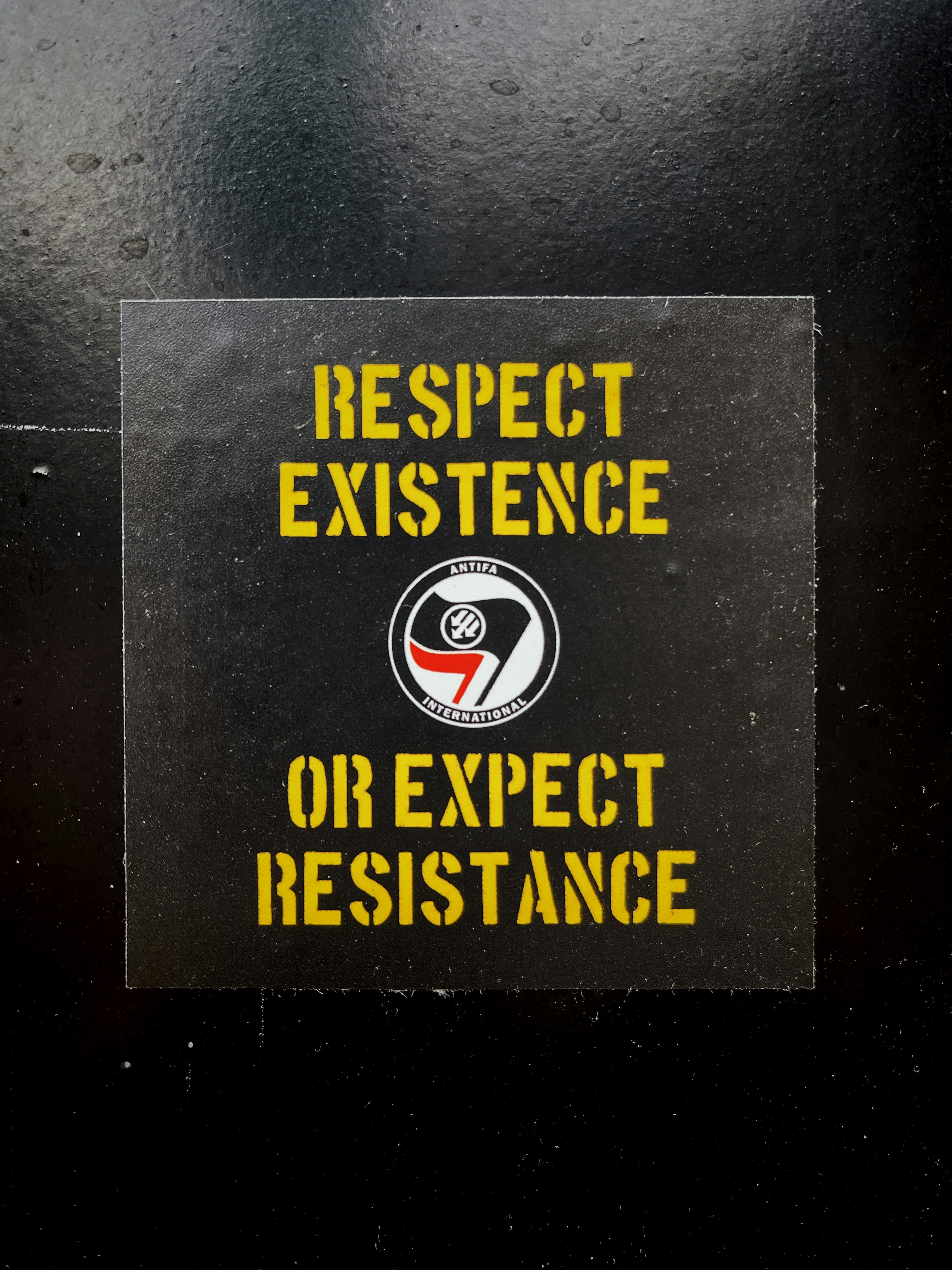In the hours following the assassination of Charlie Kirk, the world did what it now always does: it fractured.
Some leaned harder into the narrative of political violence, pointing to an unmistakable rise in ideologically motivated acts, mass shootings, bomb plots, now assassination. Others, as if on cue, declared the entire event a fabrication. They analysed stills, zoomed into grainy footage, pointed out anomalies like the position of a ring that allegedly changed fingers mid-frame. Never mind that Kirk had previously been seen fidgeting with that same clip-on ring in dozens of events. The reality mattered less than the preferred reality.
And that’s the problem.
We live in an age where belief is optional and doubt is infinite. Facts have become accessories, worn when convenient, discarded when not. There was a time when information scarcity gave governments, media, and institutions control. That monopoly has shattered. Now, anyone can find a source to support whatever version of the truth they already favour. And more worryingly, anyone can broadcast that version as if it’s valid by sheer force of belief and algorithm. This isn’t just a byproduct of technology, it’s a systemic failure of trust.
You could argue it began with good intentions. The internet democratised knowledge. It gave everyone a voice. But in doing so, it also gave everyone a megaphone, and now the crowd is deafening. Why trust an expert when a bloke on TikTok with three conspiracy threads and a ring light says otherwise?
This fragmented landscape rewards extremity. We’re no longer incentivised to seek truth; we’re rewarded for doubling down. The brain, as we’ve covered before, literally manifests what it is conditioned to see. It’s not just confirmation bias, it’s confirmation architecture.
Meanwhile, governments seem increasingly powerless. Not just to control the narrative, but to control society at all. When it came to transgender medicine, for example, many national conversations began after the treatments had already gone commercial. The pursuit of profit moved faster than the pursuit of consensus. That reality, whether right or wrong, is what shaped public perception. The existence of a thing became the justification for its legitimacy. And so we end up in a place where consensus isn’t just missing, it’s obsolete.
We tell ourselves we want to live in a world where people can be who they wish to be. That sounds noble, even necessary. But historically, societies have progressed by balancing individual liberty with collective agreement. At the moment, that agreement is fracturing. Not due to one cause, but a thousand tiny cuts, each validated by a video, a blog, a tweet, a ring on the wrong finger.
We should ask: is anyone actually steering the ship anymore? And if they are, do they have the faintest idea what the waves ahead look like? Because if the fabric of society is being rewoven, it’s not becoming stronger. It’s becoming sheer. Transparent. Easy to tear. A lattice of personal truths stretched to the point that nothing binds us at all.
But don’t worry. I’m sure someone on Telegram has a source that says otherwise.

